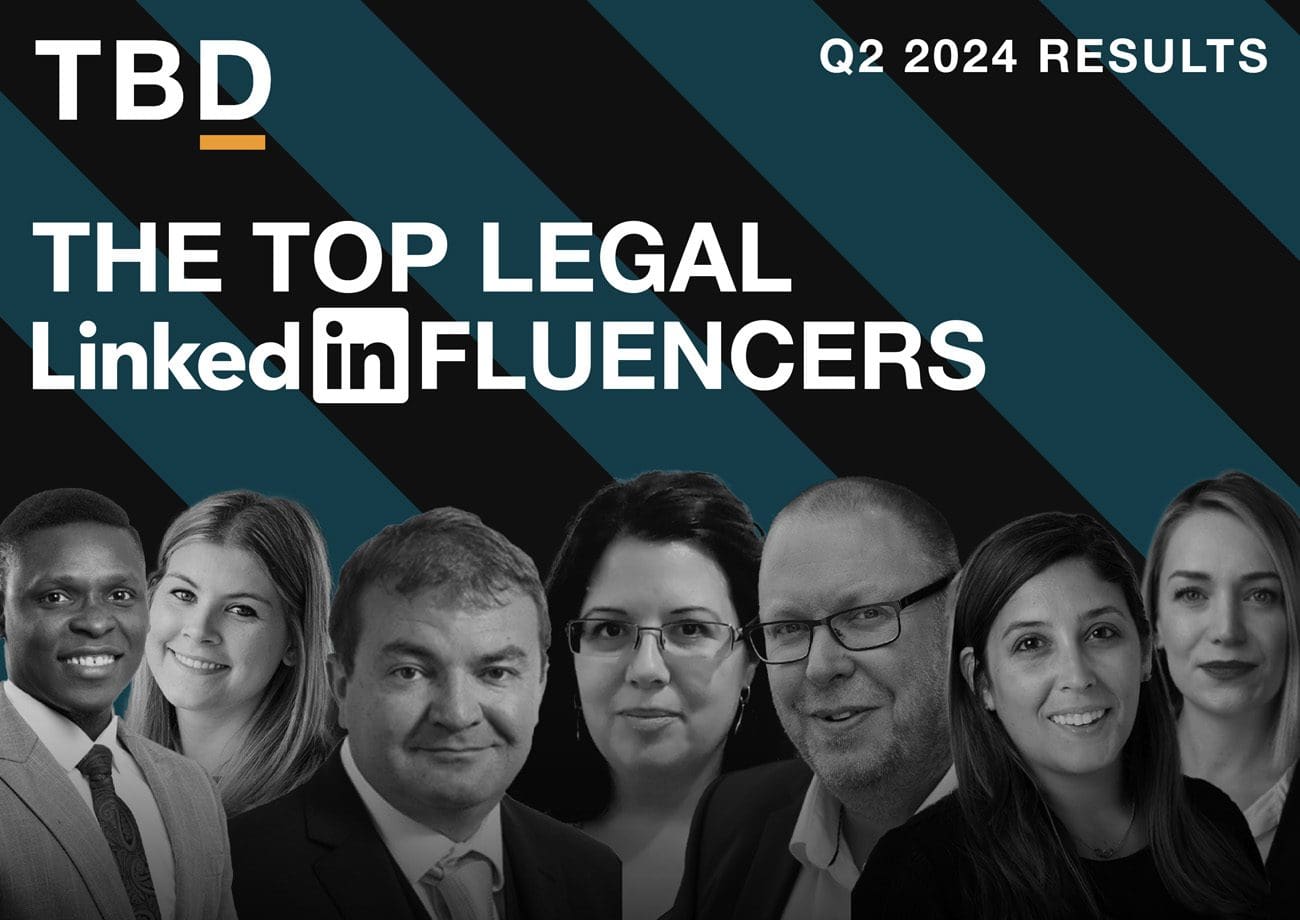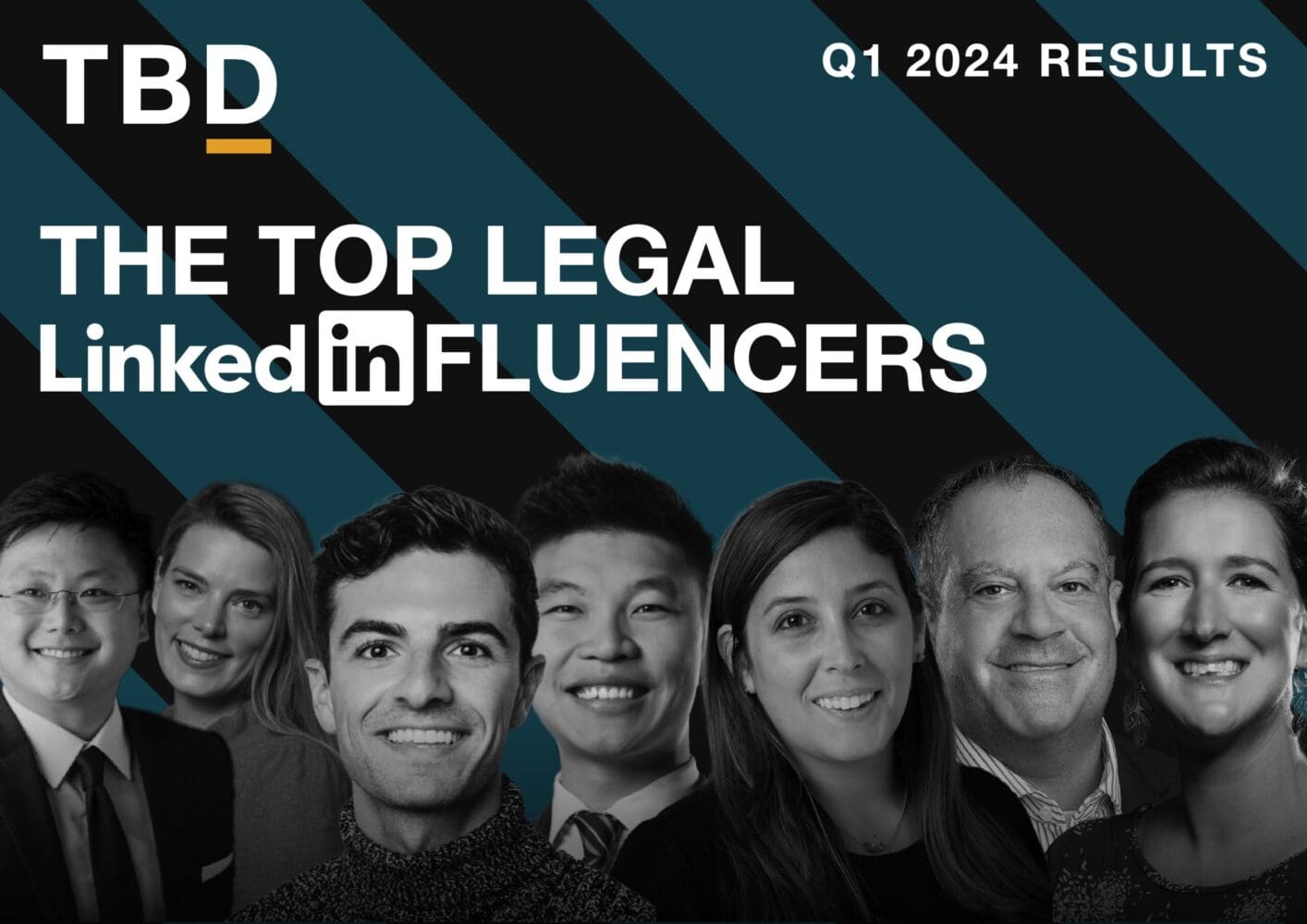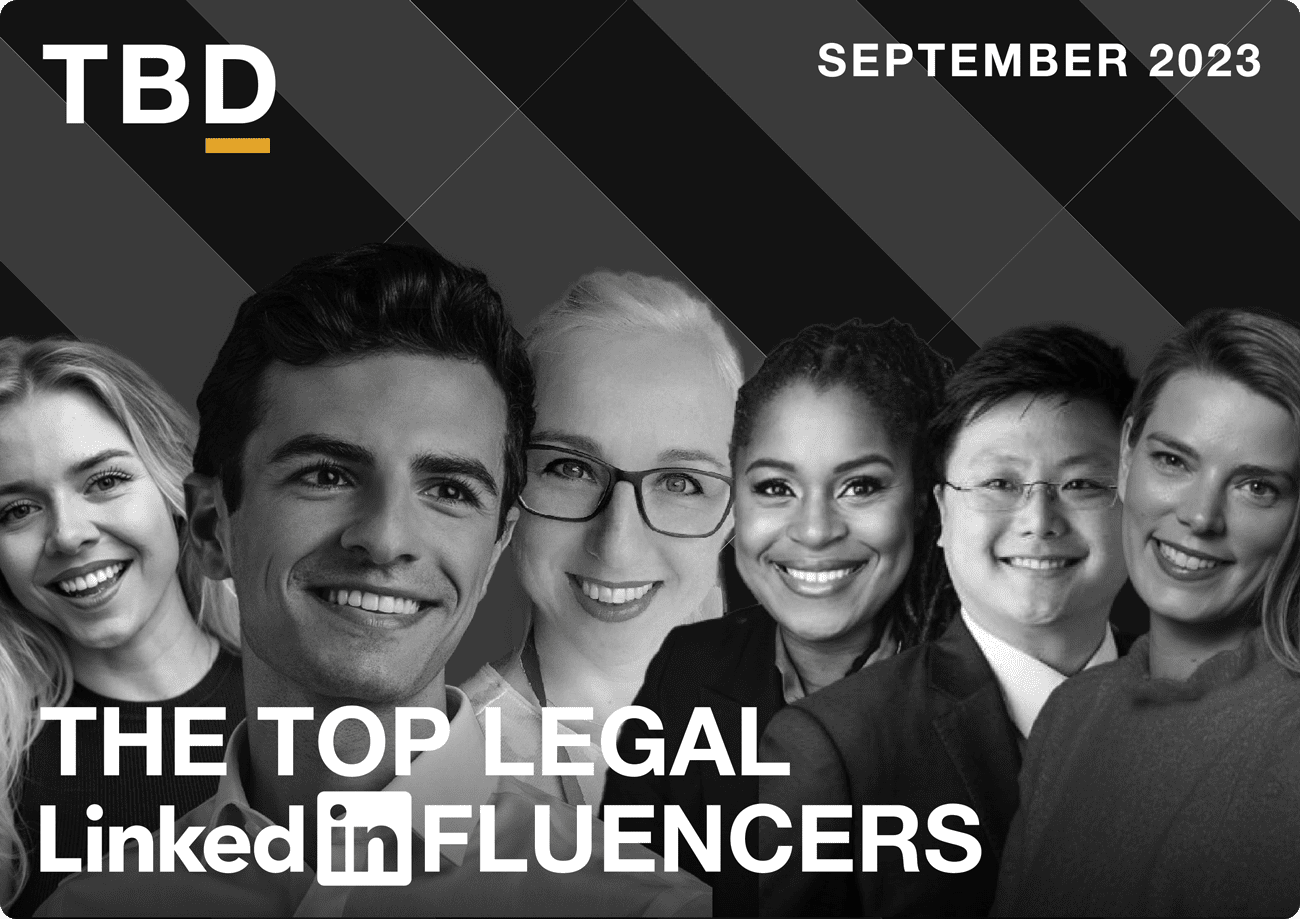Marketing is a lot of fun. A bit like driving, you need to learn the mechanics and the rules of the road but, after a while, you can enjoy the scenery a little as you do it. Laura has kindly asked me to explain the basics of law firm marketing so that you might well hit the ground running when you get to your first role in a law firm. The trick, as with much in life, is to know enough about something that means that you can work seamlessly with experts and draw on their expertise, but not so much that it drags you away from your core task of delivering exceptional results for your clients. It’s a fine balance and one that will test you as you move from trainee to assistant, associate to managing associate and beyond.
What are the four stages of the client journey?
It’s a massive simplification, but the model looks something like this:
- The potential client doesn’t know us, and we don’t know them;
- The potential client knows a little about us and we don’t know anything about them;
- We’d like to work with the potential client;
- We’d like to do more work with the client and/or have them promote us to do more work with others.
The main way in which to categorise how we market to them at those four stages are as follows:
- Communications;
- Marketing;
- Business Development; and
- CRM/Key accounts.
Let’s make it practical. Throughout our examples and explanations, we’ll use Betty Best-Practice, a restructuring Partner and, occasionally, Norman No-Stars, an M&A Partner. We’ll also highlight what trainees and NQs might be expected to do at each stage.
What is Communications (e.g. press releases and media coverage)?
Comms are where we get a firm or a person’s brand in front of an audience. So, we might use media relations to get them profiled in the press, or we might use internal communications to get them in front of the other fee earners at a firm. Betty understands that if she tries to sell her practice direct to clients, she’ll run herself ragged trying to follow up every lead. Her practice area is one that only rarely gets used by any particular corporate but when it does, it pretty much consumes all their time. So, Betty’s approach at this stage is to provide comment to the press on live examples of businesses which are restructuring like Pret or Virgin. Betty believes that most businesses can be saved if people act early enough so she has an internal communications campaign so that her colleagues know when it’s the right time to introduce her to clients. She’s appeared in the Telegraph and City am this week, has been asked to write an opinion piece for a magazine on the recent insolvency rule changes, and has done an internal video called ‘Restructuring: five phrases to listen out for’ for her colleagues. This is all communications work: it awakens the audience to the idea that there is an issue that they need to know about. Norman loves communication as he can draft what he wants, ignore the marketing team’s advice on ‘optimising for SEO’ or ‘thinking about his target audience’ and send it to his mates who concur privately – that he really is rather brilliant. No-one new reads Norman’s posts on LinkedIn, nor his web story. Norman doesn’t know why. Betty asks a couple of clients for their thoughts before issuing her piece sometimes she even includes a quote or two of theirs so that it’s better researched and they tend to promote it themselves which extends its reach. This is called front loading your business development. At this stage of their career, trainees and NQs are learning their craft, deepening their technical knowledge of their preferred area. So, they are most likely to draft or ghost write a technical article. They’re also likely to do some internal presentation on a technical update that they have researched at a knowledge session. Sometimes, they’ll do this client-side too. At this stage, focus your energies on creating technical updates in light of what your audience needs. In general, for legal marketing, if you spend some time thinking ‘what does my audience need?’ you won’t go far wrong.
What is Marketing (e.g. email newsletters, seminars, events)?
Betty has also been asked to join a webinar that a Big Four accountant is running. It was supposed to be in person in their lovely More London offices, but it’s now online. That’s a bit annoying as Betty had agreed to speak so that she could raise her profile, demonstrate her expertise, but also spend time face to face with a few people that she’s been trying to get in front of for ages and see if they might be a good fit to do business with. Somehow, she’s going to have to replicate that online or on the phone maybe by following up. Ahead of the event, Betty has been sending out email alerts and has even used a LinkedIn poll to gather sentiment on one newsworthy topic. This is marketing: encouraging potential clients to make themselves known to you by signing up to your email list or agreeing to attend your event. Betty’s objective is to “meet” a group of these people and see if it’s worth having coffee together to see if they can do business together. Norman loves marketing. It’s brilliant as he can ‘hold the pen’ and redline everything to within an inch of its life. Norman has a speaking gig that he’s done for years where he can basically trot out a variation on a theme. The room is half full of Norman’s “mates” who rarely instruct him. He doesn’t know why. Betty has prepared her speaking notes based on a few client conversations she’s had. She understands what their pain points are and so she’s tailored her talk to cover those. It’s hockey-sticked: it explains the basics but the second half has some pretty up-to-date rocket science in it everyone gets something out of attending her session. She’s allowed just as much time for questions and answers as she has done for speaking. As well as answering the vast majority of questions, she’s not afraid of saying ‘that’s a good question and one I need to come back to you on’ when she needs to. Betty listens. People trust her as a result. Trainees and NQs are likely to be asked to attend client functions and encouraged to begin to learn how to network. This is an essential life skill for lawyers and one that you need not hone and practise. Definitely look at who’s attending an event (there will be a list) or a webinar and do some research on them. What drives them? What’s on their radar? It’ll probably be what they’re talking about on LinkedIn or Twitter. Volunteer to go to these things and polish and polish and polish your approach. Ask loads of questions. Stay one drink behind everyone else.
What is Business Development (e.g. coffee, dinners, bids)?
At the business development stage, you already know that you want to work with someone. They’re now a ‘target’. Perhaps you met them at an event. Perhaps you saw their Request For Proposal online and wanted to bid for the work or to join their panel. You’re likely to have had a coffee with them (virtual or otherwise) and made sure that, as well as all the technical elements of how you *can* work together, you actually *want* to work together. You can pass all the conflicts checks that you want, but until the chemistry is there and the price is going to mean that you generate a profit, there’s no point in going for a bid. Business development is an area in which the level of input from marketing teams drops a little. Fundamentally, the client is looking to work with you, not your marketing guys. Words can take you so far, as can events, but eventually, clients want to know that they can work with you. So, marketing will be there to help Betty produce her ‘talking points’ document or draft a response to an RFP. But Betty will need to be the one who stands up and presents it in person here. Norman, inevitably, hasn’t got time to rehearse and wants to wing it. “It’ll be fine” he says. Norman’s hit rate is lower than Betty’s, and it’s always because of “price”. Sorry, Norman, but “price” is just a nice way of them saying that the chemistry wasn’t there. Perhaps if you’d practised… As a trainee or an NQ, you can spot when people might need your firm’s help. Suggest that you (as a team) approach a target with an idea. No in-house lawyer I ever met wanted fewer ideas or less proactive thinking from their lawyers. Put yourself in their shoes.
What are CRM and key account management?
The most profitable source of work is often existing client relationships. We already know hopefully what makes them tick. We already know that we likely working with them hopefully. The way to keep these clients is to do great work again and again. There’s less need to market to them. However, two areas are important for CRM marketing. Betty has a map of the contacts in her client’s business who instruct law firms. LinkedIn and some homework and sleuthing have given her the idea that she really needs an introduction to Chip in the client’s third largest division. Betty knows her client well enough to know when to ask for the introduction and asks. Betty also knows that her main contact deserves some recognition for their work, so she helps them with an award entry for a leading legal magazine. That dopamine hit is something that the client will never forget and Betty’s wise enough to take a table at the event and invite Chip to sit on her other side. Norman is late to the awards do and so misses the boring pre-dinner drinks bit. He leaves when his client fails to win their award. Shame as the General Counsel of his largest target came looking for him and then ended up speaking to Norman’s lifelong competitor. Trainees and NQs are often asked to do research on clients and targets and this is a good grounding for walking a mile in their shoes. However, nothing is a substitute for simply getting to know the client and asking them what’s keeping them busy or needs sorting for them. There’s nothing general about a general counsel: they are a human being and have needs and preferences like anyone. Treat them like a human and they’ll be pleasantly surprised.
Why haven’t you haven’t mentioned social media?
Good point. Social media is useful for all the above points of the client journey from someone you don’t yet know to someone who instructs you every day. When you use social media for communications or marketing that will differ from you using it for business development and key account work. All of the above observations about Betty’s behaviours apply to social media but please make sure you ask yourself ‘why am I doing this?’ and then draft and use the platform accordingly. You might find that business development is better done on LinkedIn via InMail or by commenting on or promoting someone else’s content. I’ll do a separate piece on social as it’s such a complex subject matter. But you should bear in mind these two core tips:
- Who is my target audience and where do they hang out? (And then hang out there e.g. LinkedIn or Twitter but quite possibly other fora if you’re in a niche area); and
- What is my objective behind this update or social media activity (and how do I optimise it for that purpose)?
On social media, Betty listens and comments. Norman broadcasts.
One final point a common pitfall for lawyers
Marketing isn’t sales. You can market all you want but at some point, you’ll need to talk terms. Get some training on it as early in your career as you can. No-one wins them all. So, accept the loss for what it is, a loss. It’s not personal and it’s not a rejection of your ability although it can feel like it. Find out what the real reason for the loss was and learn what you need to for next time. The go again.
End note
Marketing and sales is fun. No, really. Try to find out what you love, get some training on what you hate and find a marketing expert to help you with each area. You’ll be grand. In the meantime, don’t be a Norman, follow me on LinkedIn where you’ll see me celebrating lawyers and law firms (and/or asking them to up their marketing game): https://www.linkedin.com/in/simonpaulmarshall/







